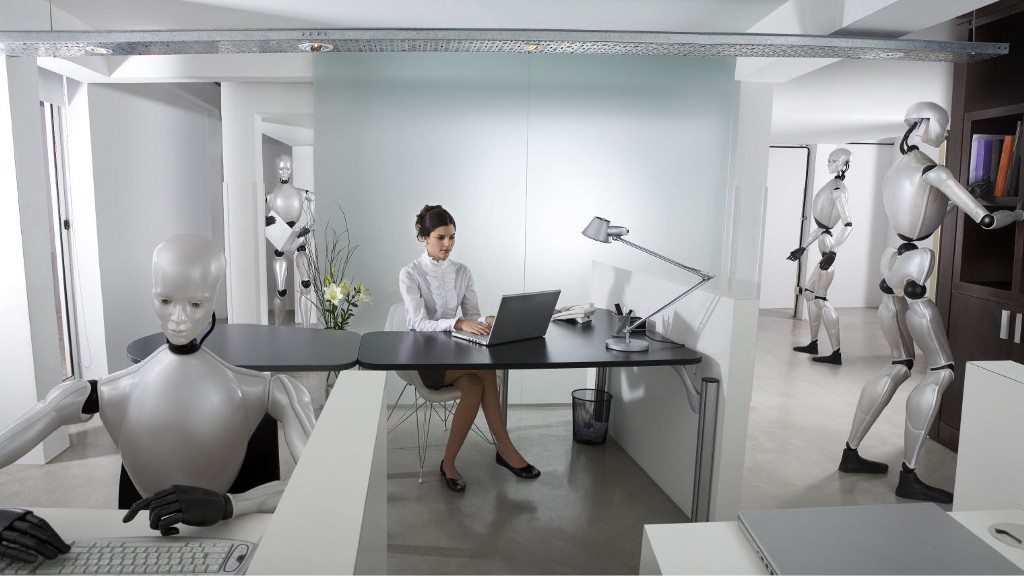Economists tell us that disruptive technology tends to create large employment shifts, leading to massive job losses in some sectors while over time creating new jobs, usually more than it destroys.
When it comes to the rise of artificial intelligence, though, the sheer number of people affected is going to be huge.
A new report, “Jobs Lost, Jobs Gained,” from the McKinsey Global Institute, warns that between 400 million and 800 million people around the world could have their jobs displaced by AI and robotics by 2030.
This amounts to a roughly 15% job loss worldwide, ranging from almost zero to one-third depending on the country in question (McKinsey factors in data from 46 countries that represent almost 90% of global GDP).
Advanced economies will be more affected than developing ones — one third of US and German workers might be out of a job by 2030. What’s more, about 60% of occupations could see at least a third of their work activities automated. The report also suggests that 75 million to 375 million workers will need to change careers. All workers will need to adapt.
On the upside, McKinsey forecasts that AI will boost productivity and economic growth and create occupations that do not exist today. (Who could’ve foreseen a future on the internet in 1990?) Growing economies require more workers.
McKinsey cites several catalysts of future labor demand, including meeting the challenges of climate change, providing health care in aging societies, investing in infrastructure and energy, and producing goods and services for an expanding consuming class, especially in emerging growth markets.
Around one billion more people will enter the consuming class by 2025, and global consumption could grow by $23 trillion between 2015 and 2030. As many as 365 million new jobs could be created from the impact of rising incomes alone.
One theme comes across again and again: invest, invest, invest. Investments to prevent, mitigate and adapt to climate change alone could create up to 10 million new jobs globally.
Growing economies also need to invest in people — the forthcoming nonhuman competition will require workers with more education, social and emotional skills, creativity and other abilities that will be harder to automate.
More mid-career training and transition support for the unemployed will be necessary (see, Shortlist/Spire merger in #dealflow above). It will require an undertaking of Marshall Plan proportions, says Michael Chui, lead author of the report.
“The degree of transition that needs to happen over time is a real eye opener,” Chui told Axios.











